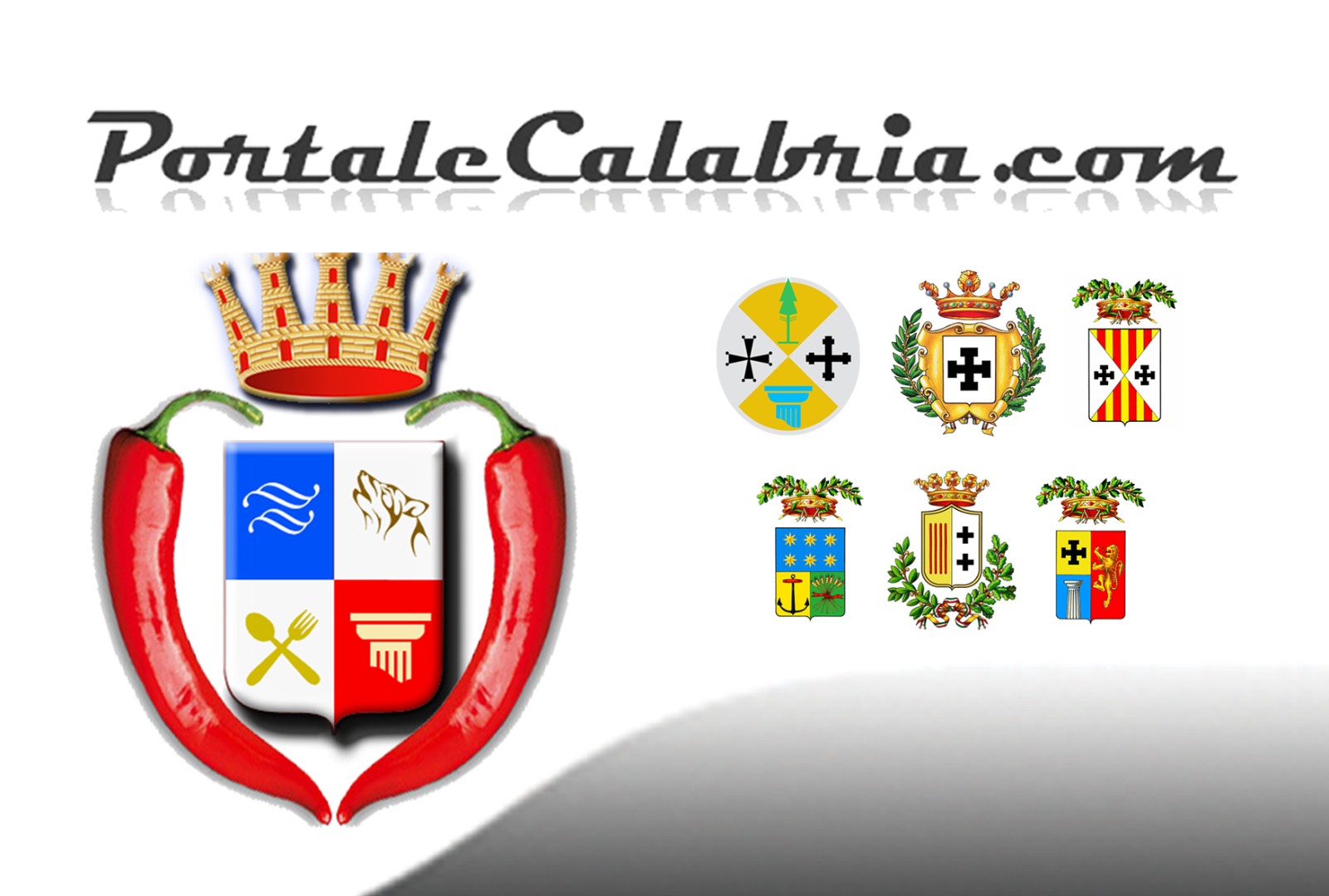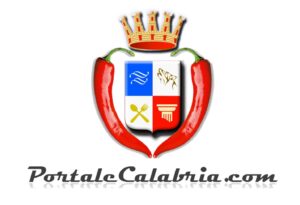Azienda Agricola Valle Michelangelo
L'Azienda in dettaglio
L’azienda, Valle Michelangelo, sorge sulle colline di Lamezia Terme. La cultivar di olive, è in grande prevalenza carolea. Come si nota, la lavorazione di raccolta e spremitura dell’oliva, previa prenotazione dell’oleificio, avviene tutto nelle 16 ore del medesimo giorno. Essendo l’oliva un frutto e non un seme, poiché l’olio è contenuto nella polpa e non nel nocciolo, con questa lavorazione ed una raccolta anticipata, rispetto alla piena maturazione, si ottiene una *spremuta* oleosa *di olive eccellenti* . Inoltre, la raccolta anticipata, ci è utile per non trattare le olive con veleni contro l’aggressività della mosca, poiché essendo ancora dura, la mosca, pur essendo presente, non riesce a depositarvi la larva che ne degrada la qualità dell’olio, motivo questo, di deterioramento del frutto. Attraverso una raccolta prematura, in termini di resa in olio, se ne ha una perdita di circa il 50%, ma le qualità organolettiche dell’olio ed il suo aroma, sono ai massimi potenziali che il frutto può esprimere. Inoltre si ottiene un olio molto più ricco di *polifenoli* , elementi questi, di grande importanza per preservare l’olio dal degradarsi nel tempo,(per un periodo di 4/ anni) ma anche di notevole effetto terapeutico per la persona che se ne alimenta. È di fondamentale importanza che venga conservato in un luogo fresco e buio, ed in recipienti di vetro, acciaio o vetroresina. L’olio di collina inoltre, essendo un ambiente che mette a duro stress la pianta dal punto di vista idrico, né segue un maggiore arricchimento di polifenoli. Il terreno scosceso, per quanto ne aggrava le lavorazioni meccaniche, ne favorisce un’areazione ed illuminazione solare maggiore che in pianura, fattori considerevoli che ne innalzano la qualità del frutto e del succo che ne segue. Una maggiore areazione, associata ad un’aria più secca rispetto alla pianura, ci favorisce nel non trattare le piante con ramato e/o zolfo, per preservare la pianta dagli attacchi di muffe, molto devastanti, con notevole vantaggio in termini di qualità del prodotto finito. Per ultimo, ma non meno importante, il concime. Viene usato un concime organico privo di nitrati, poiché com’è noto, i nitrati, a contatto con i nostri succhi gastrici, diventano nitriti, ostacolandone così il passaggio dell’ossigeno nel sangue. Un concime organico, arricchisce il frutto e l’olio che ne segue, di nutrienti in sostanze oligominerali importanti.









